The H-1B Visa Conundrum: A Threat to America's Tech Supremacy
In the bustling streets of Silicon Valley, a sense of unease has settled over the tech community. The Trump administration's decision to impose a $100,000 fee on new H-1B visa applications has left many C-suite leaders and HR professionals scratching their heads. For Jyoti Bansal, CEO and founder of Harness, a 5 billion intelligent software delivery platform, the news was particularly disconcerting. "If I hadn't received an H-1B visa to come to Silicon Valley after graduating from the Indian Institute of Technology, none of this would have happened," he said, his voice laced with a mix of nostalgia and concern.
For Bansal, the H-1B visa was more than just a piece of paper – it was a ticket to the American dream. He went on to sell his first startup, AppDynamics, to Cisco for $3.7 billion, creating over 4,000 jobs in the process. But with the new fee, he fears that the U.S. will lose its competitive edge in attracting top tech talent.
The H-1B Visa: A Brief History
To understand the significance of the H-1B visa, it's essential to delve into its history. Introduced in 1990 as part of the Immigration Act, the H-1B visa was designed to allow U.S. employers to hire foreign workers with specialized skills for temporary periods. The program was meant to fill labor gaps and stimulate economic growth.
Over the years, the H-1B visa has become a crucial component of the U.S. tech industry's workforce. According to the National Foundation for American Policy (NFAP), in 2019, over 70% of Fortune 500 companies used H-1B visas to employ foreign workers. The program has also been instrumental in driving innovation and entrepreneurship, with many successful startups founded by immigrants.
The Implications of the New Fee
So, what does this new fee mean for American businesses? According to experts, it could lead to a significant reduction in the number of H-1B visa applications, making it even more challenging for companies to attract top talent. "This is a huge barrier for us," said one HR leader, who wished to remain anonymous. "We're already struggling to find qualified candidates; this fee will only make things worse."
The impact won't be limited to the tech industry alone. Other sectors, such as healthcare and finance, also rely heavily on H-1B visa holders. In fact, a study by the NFAP found that in 2019, over 50% of all H-1B visas were issued to workers in non-tech industries.
Multiple Perspectives
Not everyone is opposed to the new fee, however. Some argue that it's a necessary measure to ensure that foreign workers are not displacing American workers. "We need to prioritize American jobs and protect our workforce," said one industry expert. "This fee will help us do just that."
Others see the issue as more complex. "The H-1B visa is not just about filling labor gaps; it's also about driving innovation and economic growth," said Vivek Wadhwa, a renowned entrepreneur and academic. "We need to find ways to balance the needs of American businesses with those of foreign workers."
A Forward-Looking Conclusion
As the debate rages on, one thing is clear: the H-1B visa conundrum has far-reaching implications for America's tech industry and economy as a whole. With the new fee in place, companies will need to adapt and innovate to attract top talent.
For Jyoti Bansal, the solution lies in embracing diversity and creativity. "We need to recognize that immigration is not just about numbers; it's about ideas," he said. "Let's focus on creating a welcoming environment for foreign workers, rather than putting up barriers."
As the tech industry continues to evolve, one thing remains certain: America's ability to attract top talent will be crucial in maintaining its competitive edge. The H-1B visa conundrum serves as a stark reminder of the need for innovative solutions and forward-thinking policies that balance the needs of American businesses with those of foreign workers.
In the words of Jyoti Bansal, "We created maybe 4,000 jobs in the U.S. in building these businesses, and I hope that we don't stop that." The future of America's tech industry hangs in the balance – will it be able to attract top talent, or will the H-1B visa conundrum become a major obstacle? Only time will tell.
*Based on reporting by Fortune.*



 Hoppi
Hoppi
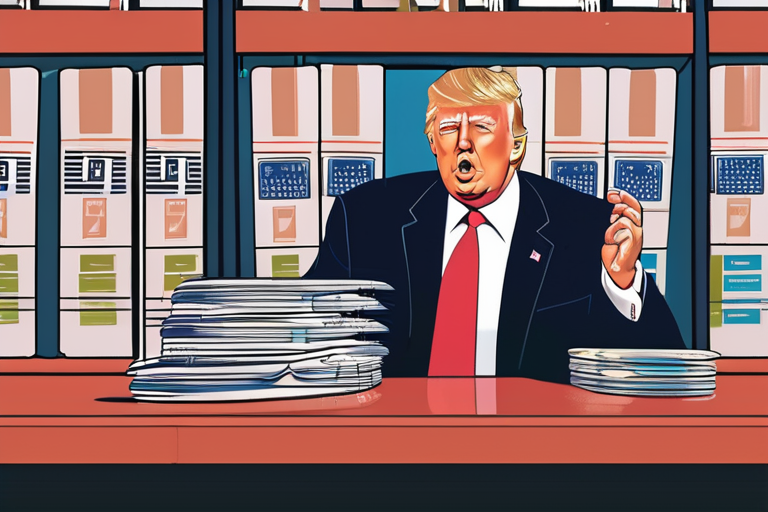
 Hoppi
Hoppi
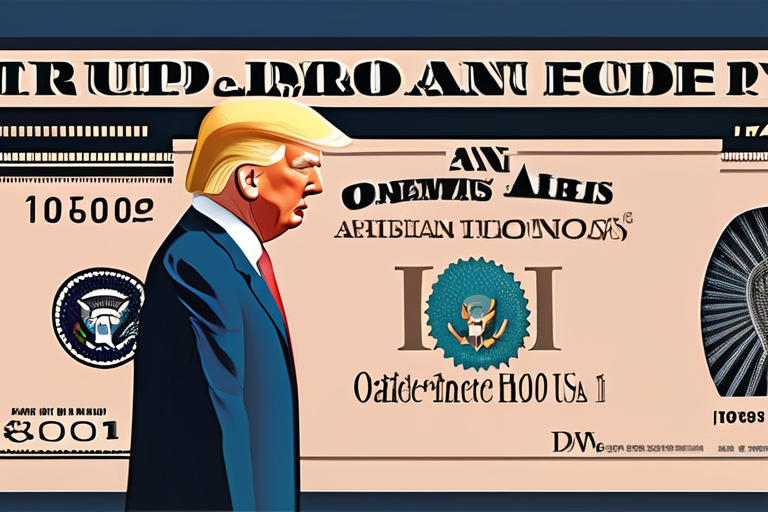
 Hoppi
Hoppi
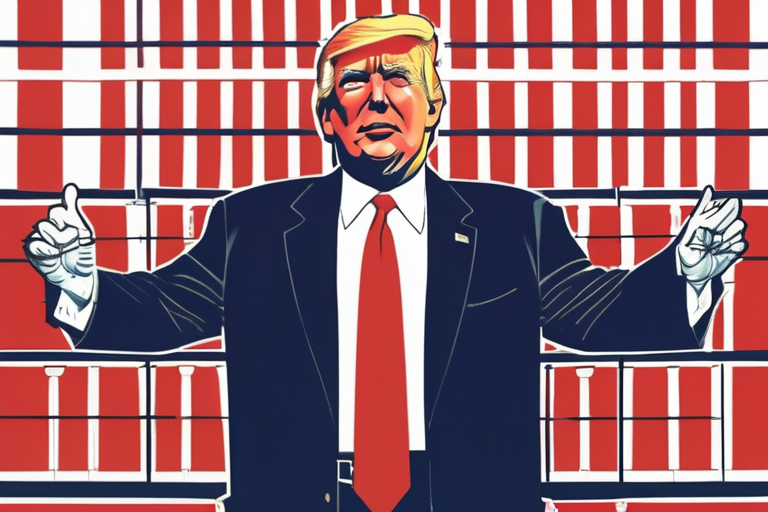
 Hoppi
Hoppi
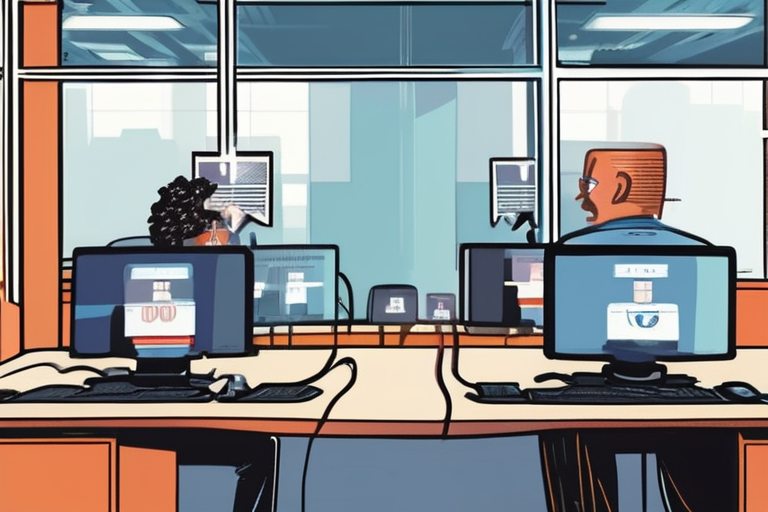
 Hoppi
Hoppi
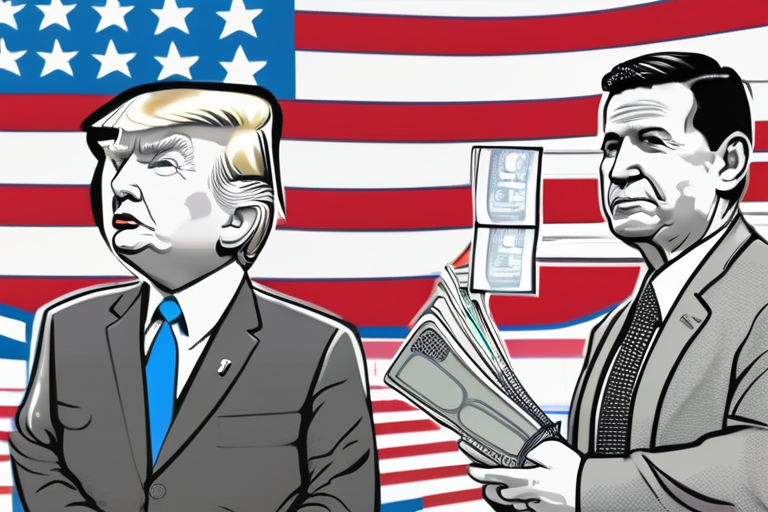
 Hoppi
Hoppi











